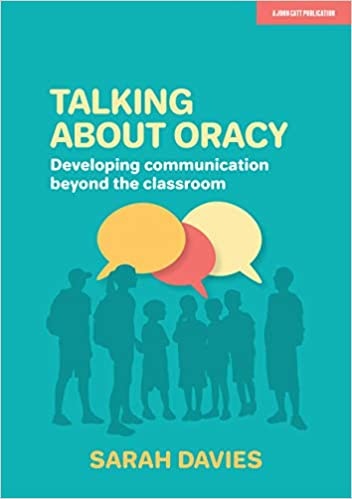It is time for us to talk about Oracy.

When we think about the transferable skills all students should take with them when they leave education, oracy, literacy and numeracy should logically stand proudly side by side. This triad of skillsets are the key components used to measure intellectual development in childhood, as well as being further nurtured in all students throughout their education.
However, when we consider that the concept of there being three separate skillsets has (at the time of writing) only been in existence for the past 55 years, we begin to recognise that oracy is still very much in its infancy in regards to it being viewed as an explicit staple in all academic establishments.

This knowledge bank will provide an insight into some of the research and my most considered supporting tools for ensuring that oracy is used effectively for not only helping us to develop communication with our students but also with our colleagues.
For more viewpoints and examples, the book Talking about Oracy can be purchased here: Talking about Oracy: Developing communication beyond the classroom
Sarah Davies is a lead practitioner and head of English in an E-ACT multi academy trust secondary school. She is also a lead examiner for a national exam board.